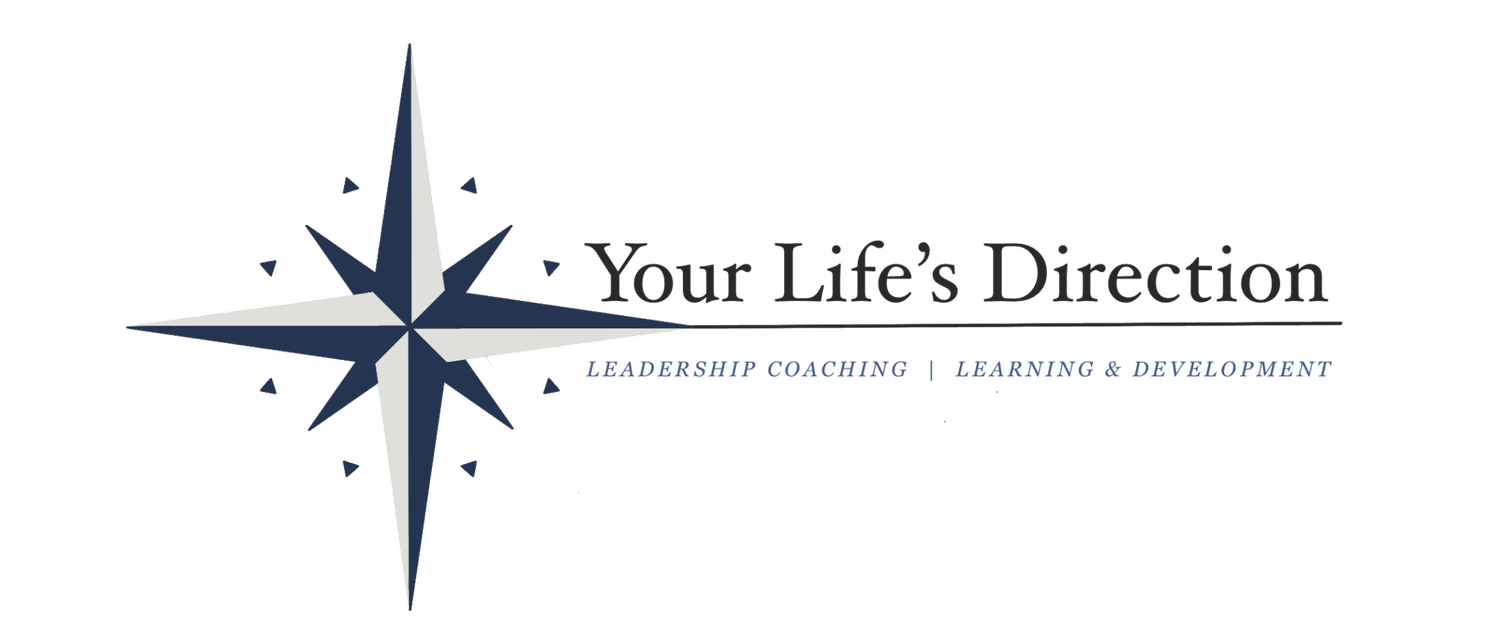Leaders as Coach, Cheerleader, and Mentor; Growing Your Capacity to Develop Others
The last several months I have met with a wide variety of new clients; client leaders who want to grow in their emotional intelligence. They also have expressed an interest in being more mindful of how they interact with others and how to express empathy, particularly to those they lead. Others want to grow in their role as executives, making the most of their business and improving how they serve customers and team members knowing that satisfied team members make for happy customers. And then there are others whose goal is to be better developers of people, engaging employees as a coach, cheerleader, and mentor.
Leaders who see themselves as a coach realize the tremendous impact they can have providing specific performance improvement strategies for their team members. Good leader coaches are interested in success, not only their own but in the success of others, too. Leader coaches inspire through partnership, and they use that partnership to enhance an employee’s performance ensuring they can perform at not only acceptable levels but at exceptional levels of performance, too.
Leader cheerleaders take performance to an even higher level through providing an additional level of support and inspiration, and recognize they are masters at motivating and inspiring. Leader cheerleaders use influence as inspiration and know when teams need a pep talk, imparting insights into both appreciative and constructive feedback beneficial to an individual’s performance. Leader cheerleaders champion the drive to achieve more and generate a commitment to action harnessing a positive, “you-can-do-it” message that keeps team members engaged and resilient to set-back.
Leaders who see themselves as mentors remember when they didn’t have all the answers and felt uncertainty about how to navigate potential challenges. Leader mentors see the value in developing and guiding and sharing job specific knowledge to less senior colleagues. Leaders who serve as mentors have a more horizontal view of their impact, seeking or agreeing to serve someone not in their direct line of hierarchy.
What I am seeing with these leader clients is a common denominator to serve others. While these clients agree they are leading successful businesses and departments, team members have gotten lost on the list of things they are responsible for. Leaders are aware it is up to them to retain and develop talent, and I applaud them for reaching out for help to grow in their people development skills.
If I just described you, please call me. It is never too late to grow in your role as a developer of people. Your team will be thankful for your leadership.
